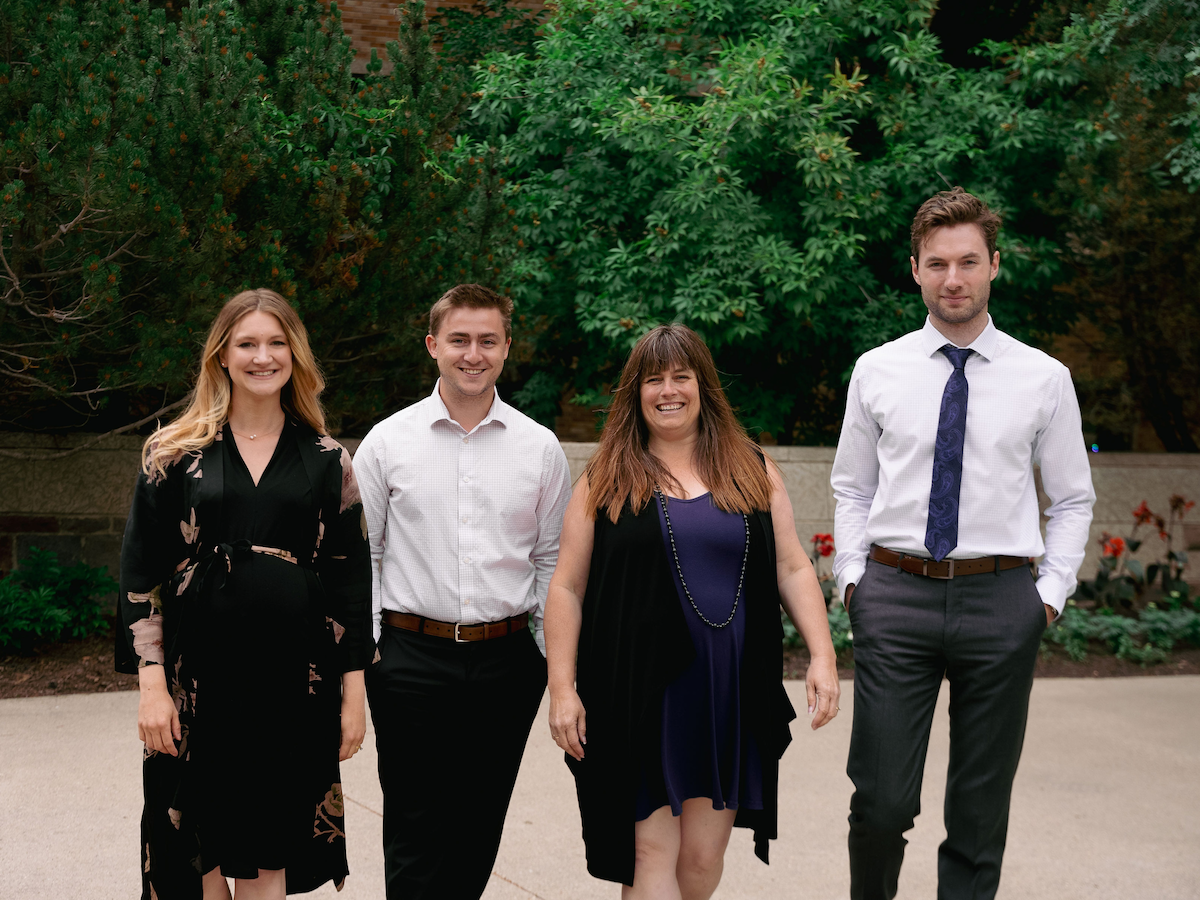Have you heard of Collaborative Divorce?
If not, this episode is for you! It’s an alternative to litigation and going through the courts. All parties and professionals are acting toward settling the divorce with shared resources instead of fighting over everything.
“Trying to figure out the best way to get divorced? Here’s a little hint: It’s not through the courts and it’s not litigation. There’s a better way.”
Charmaine Panko answers this question with Jason Levoy in this episode of The Divorce Resource Guy Podcast.
Jason: “What does Collaborative Divorce mean?”
Charmaine:
“There are lot’s of lawyer’s who will say ‘Well, I’m collaborative’ and they do mean it in a descriptive fashion. So when we’re talking about a Collaborative Divorce or the Collaborative Process I’ll sometimes use the qualifiers capital ‘C’ Collaborative Process so people understand it’s not just about trying to problem solve together in other fashions. For example, we regularly see lawyers meeting in what they call a four-way meeting.
Now, in a four-way meeting you can can certainly come to that meeting and you’re trying to brainstorm, but there is no protection. So anything that a lawyer or a litigator might hear that they think, ‘Mmm this is is something that will help support my case when I’m arguing in front of a third-party decision maker.’ That’s where sometimes those four-way meetings aren’t as productive as they probably could be if people felt more like there was safety, and being able to be vulnerable, and really share the truth of the situation, and their hopes, and their goals.”
Charmaine: “So in the capital ‘C’ Collaborative Process we actually create a bubble for people. That bubble originates with a participation contract. Now, this is a document that the lawyers sign, the clients sign, and any other professions that might join our team will sign. In that contract it says that we are committed to settlement. If the settlement doesn’t come to fruition, for whatever reason, because sometimes things break down, then the lawyers cannot continue to represent their clients.”
The clients are start fresh. They won’t worry about a confidential discussion from one of the meetings in the Collaborative Process that would then find it’s way to an affidavit or to a judge in an adversarial model.
Learn more about Collaborative Divorce.
Contact us to speak to someone about the capital ‘C’ Collaborative Process.





